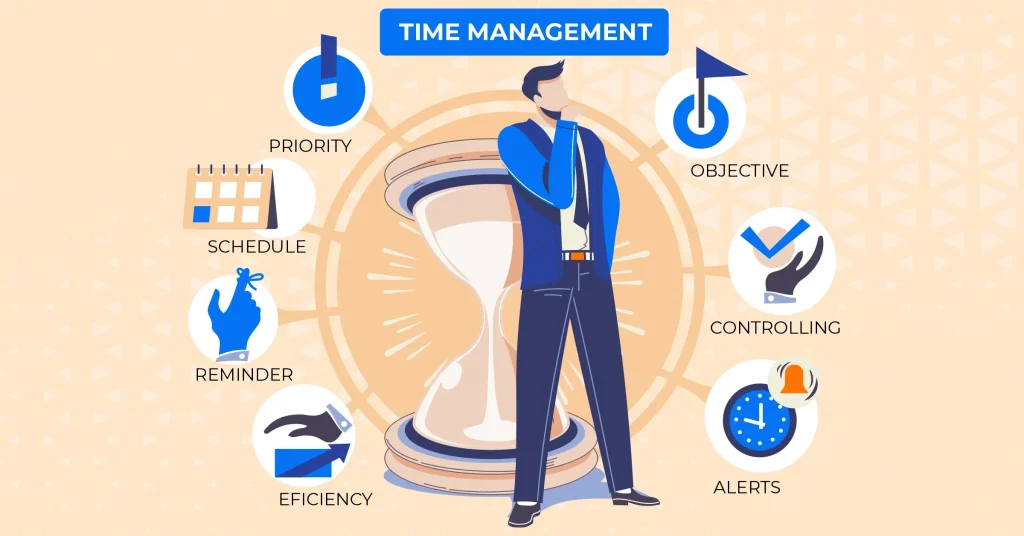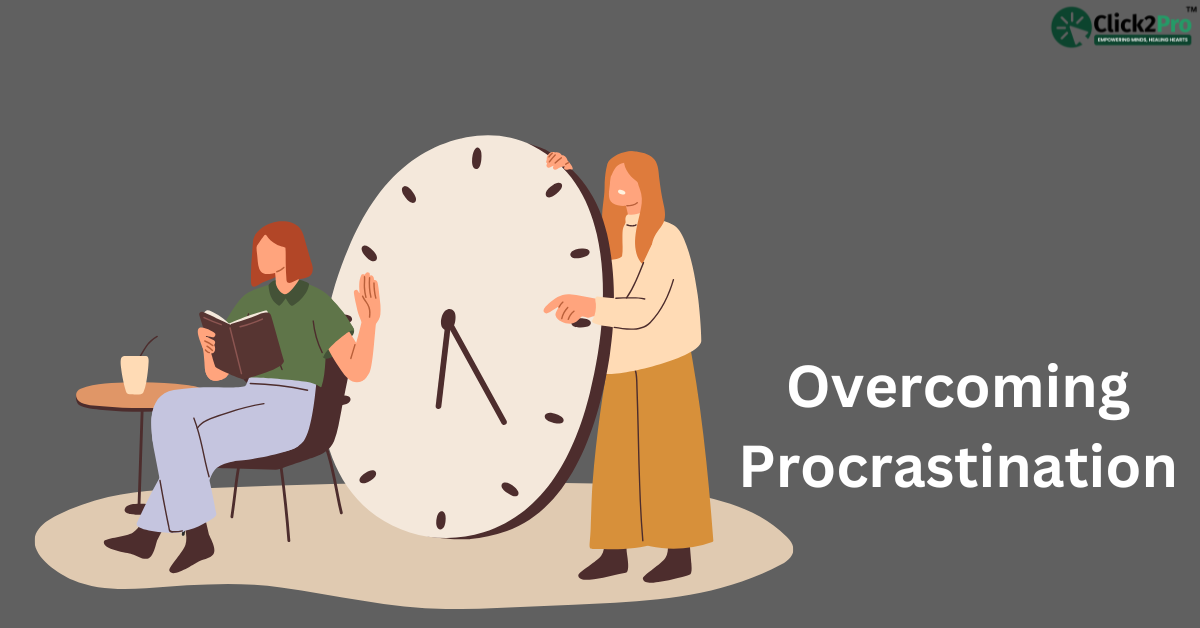Procrastination is a challenge almost everyone faces at some point in life. Whether it’s delaying work assignments, avoiding studying, or postponing personal goals, procrastination can have a significant impact on productivity, mental health, and overall success. The good news is that procrastination is not a fixed trait; it’s a habit that can be changed with the right strategies. In this article, we’ll explore effective ways to overcome procrastination and regain control over your time and life.
Understand Why You Procrastinate

The first step in overcoming procrastination is understanding why it happens. People procrastinate for various reasons: fear of failure, perfectionism, lack of motivation, or feeling overwhelmed. For instance, if a task seems too complex, it can feel paralyzing, causing you to delay starting it. Similarly, the desire to perform perfectly can make you avoid beginning a project for fear of not meeting high standards. By identifying your triggers, you can address the root cause rather than just the symptoms of procrastination.
Break Tasks into Smaller Steps
One of the most effective strategies to combat procrastination is breaking tasks into smaller, manageable steps. Large projects can feel intimidating, which often leads to delays. By dividing a task into smaller actions, you make it more approachable. For example, instead of writing an entire report at once, start with outlining the sections. Once you complete one small step, the sense of progress can motivate you to continue, making the task less overwhelming.
Use Time Management Techniques

Effective time management can significantly reduce procrastination. Techniques like the Pomodoro Technique, where you work for 25 minutes and then take a 5-minute break, can help maintain focus and prevent burnout. Similarly, time-blocking, where you dedicate specific periods to tasks, ensures that work gets done without distractions. By structuring your day and allocating dedicated time for each task, you reduce the temptation to postpone responsibilities.
Set Clear Goals and Priorities
Procrastination often stems from a lack of clarity. When goals are vague, it’s easy to put them off. Setting specific, achievable goals gives you a roadmap to follow. Use the SMART criteria—Specific, Measurable, Achievable, Relevant, and Time-bound—to define your objectives clearly. Prioritizing tasks according to importance and deadlines also ensures that you focus on what truly matters, instead of spending time on low-priority activities that do not contribute to your progress.
Eliminate Distractions
Distractions are major culprits in procrastination. Social media, phone notifications, or even cluttered workspaces can pull your attention away from important tasks. To overcome procrastination, create an environment conducive to focus. Turn off unnecessary notifications, set up a clean workspace, and use apps that block distracting websites during work hours. By minimizing distractions, you make it easier to stay on track and complete tasks efficiently.
Use Positive Reinforcement
Rewarding yourself for completing tasks is a powerful motivator. Positive reinforcement helps build momentum and encourages consistency. Even small rewards, such as taking a short break, enjoying a favorite snack, or watching a brief video, can make a difference. Celebrating accomplishments, no matter how minor, creates a positive association with productivity and reduces the urge to procrastinate.
Address Underlying Emotional Barriers

Procrastination is often linked to emotional factors such as anxiety, fear of failure, or low self-confidence. Addressing these underlying issues can help you overcome procrastination in the long term. Techniques such as mindfulness meditation, journaling, or cognitive behavioral strategies can help you manage stress and reframe negative thoughts. Building self-compassion and understanding that mistakes are part of learning can reduce the fear that fuels procrastination.
Develop a Consistent Routine
Consistency is key to overcoming procrastination. Establishing a daily routine that includes set times for work, breaks, and leisure creates structure and minimizes indecision. When tasks become habitual, they feel less burdensome, and starting them becomes easier. Over time, a consistent routine can transform your approach to work, making productivity a natural part of your day rather than a struggle.
Conclusion
Procrastination is not a sign of laziness; it’s a habit that can be addressed with the right strategies. By understanding why you procrastinate, breaking tasks into manageable steps, managing your time effectively, eliminating distractions, and addressing emotional barriers, you can regain control over your productivity. Developing a clear set of goals, using positive reinforcement, and maintaining a consistent routine further ensures that procrastination loses its grip on your life. Overcoming procrastination requires awareness, discipline, and patience—but the rewards of increased productivity, reduced stress, and a sense of accomplishment make the effort more than worthwhile. Start today, one small step at a time, and you’ll find that procrastination can be replaced with purpose and progress.


